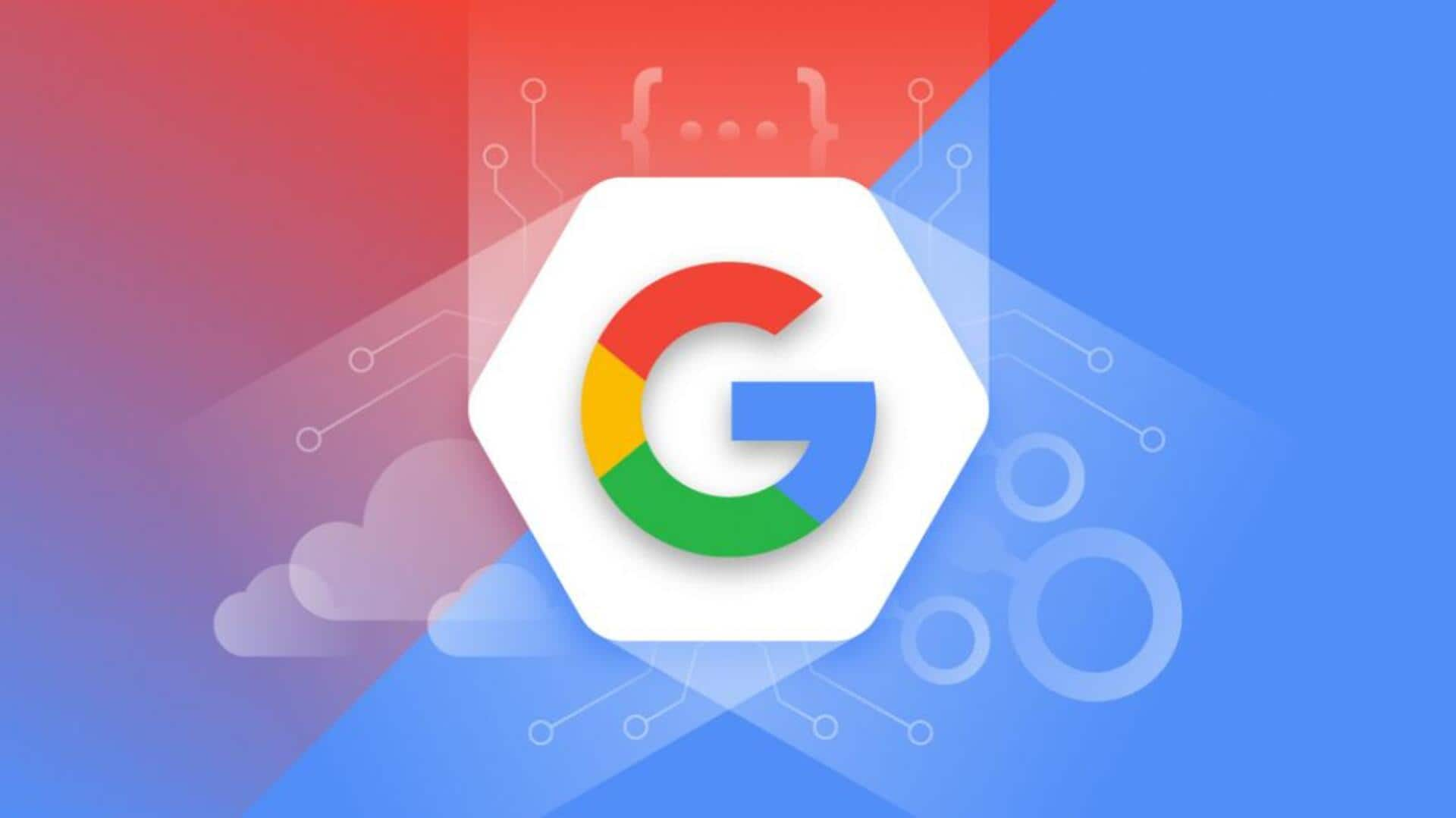
Will AI chatbots replace search engines? Here's what Google thinks
What's the story
Prabhakar Raghavan, the Senior Vice-President at Google, recently shared his insights on the future of search technology. In a conversation with Mint, he emphasized that large language model (LLM)-powered chatbots and traditional search engines will coexist. "I don't believe any one approach—LLM-based chatbots or search engines—will completely replace the other," Raghavan stated during his visit to Bengaluru.
User engagement
Dynamic nature of LLMs highlighted
Raghavan, who oversees Google Search, Ads, Assistant, Maps, commerce, and payments products, noted that user queries are growing at a faster rate than internet user growth. He suggested that the future of search is about creating a more dynamic and synthesized experience. Raghavan highlighted how LLMs can dynamically categorize options like "seafood restaurants" or "romantic spots," thereby enhancing user engagement. However, he cautioned that "fluid and engaging responses" could compromise factual accuracy, highlighting the need for a careful balance.
AI advertising
Raghavan discusses AI's role in ad personalization
Raghavan also addressed concerns about the impact of LLMs on Google's advertising revenue. He expressed confidence that AI-driven ad personalization will keep advertising robust. According to him, AI can better match ads with user queries, potentially evolving ads into a more personalized experience. He also suggested that subscription models could coexist with ads, aligning with Google's mission of universal access.
Indian impact
Underscoring India's contribution to AI and tech
Raghavan acknowledged India's significant contribution to tech and AI, driven by educational investments and a large talent pool. He noted India's "substantial impact" through innovation but stressed the importance of understanding local needs. Having a workforce in India allows Google to address these unique requirements and gain valuable market insights, enhancing its global leadership, he explained.
SEO defense
Raghavan defends the future of SEO
Raghavan defended the future of search engine optimization (SEO), calling it an essential business practice. He stated that while AI could improve content quality, Google will strictly target "made for search engine content" that misleads users. "I don't believe that SEO is somehow antithetical to search. My view is: if it helps the user get what they want, it's a good thing," he said.
Market dominance
Concerns over Google's market dominance addressesed
Raghavan acknowledged the regulatory scrutiny over Google's market dominance in digital advertising. "Google is navigating these tensions carefully, ensuring a balanced approach that respects all stakeholders. The solution remains a work in progress but it is central to Google's ad technology strategy," he said. He also noted that traditional AI and Generative AI (GenAI) are "evolving into a more unified multimodal experience for users."